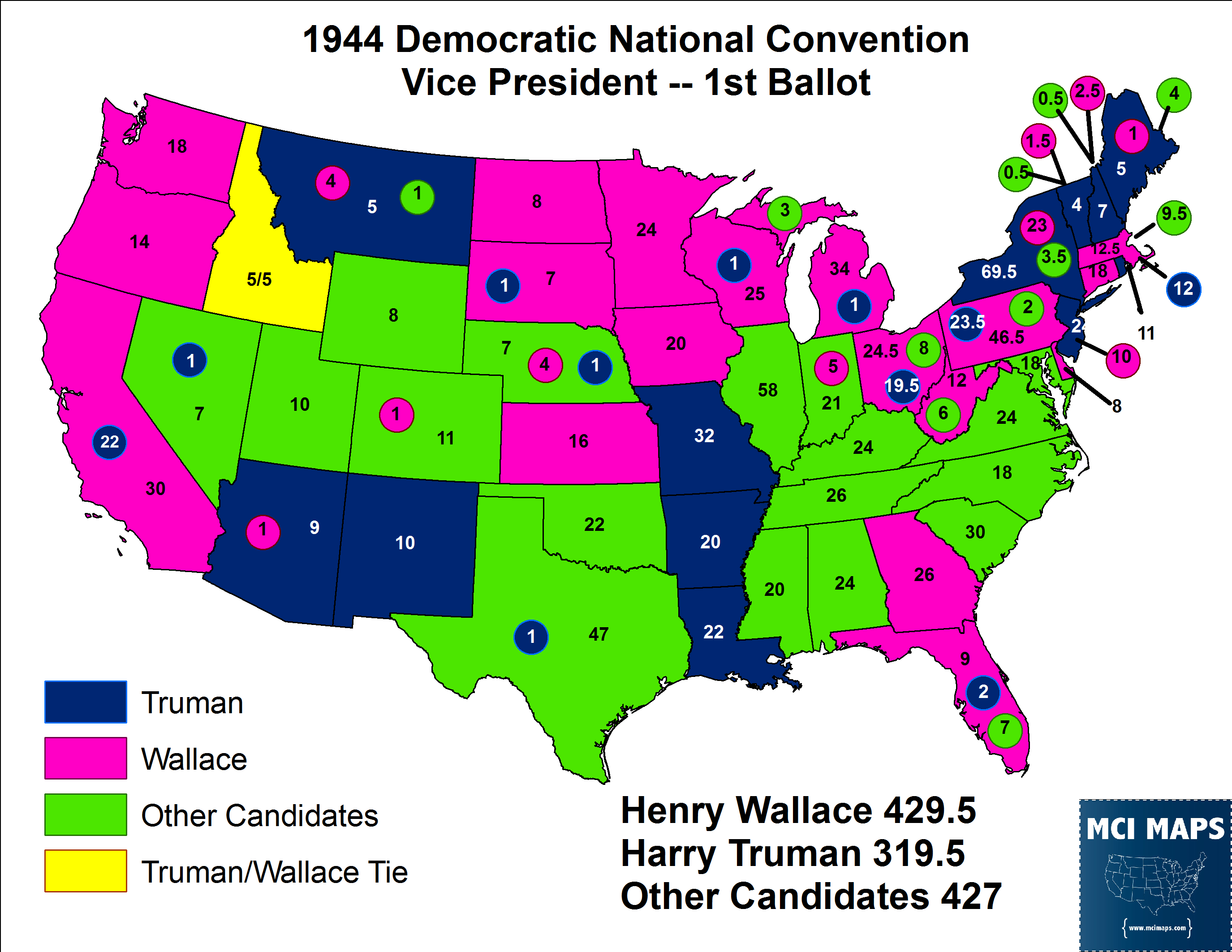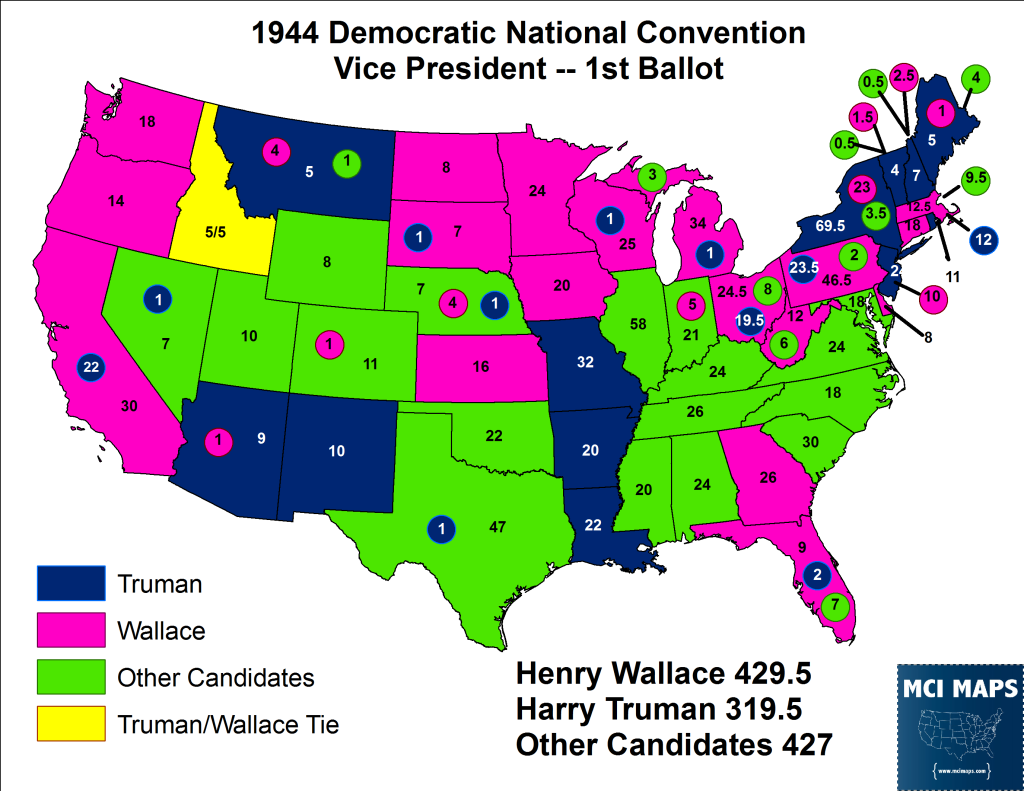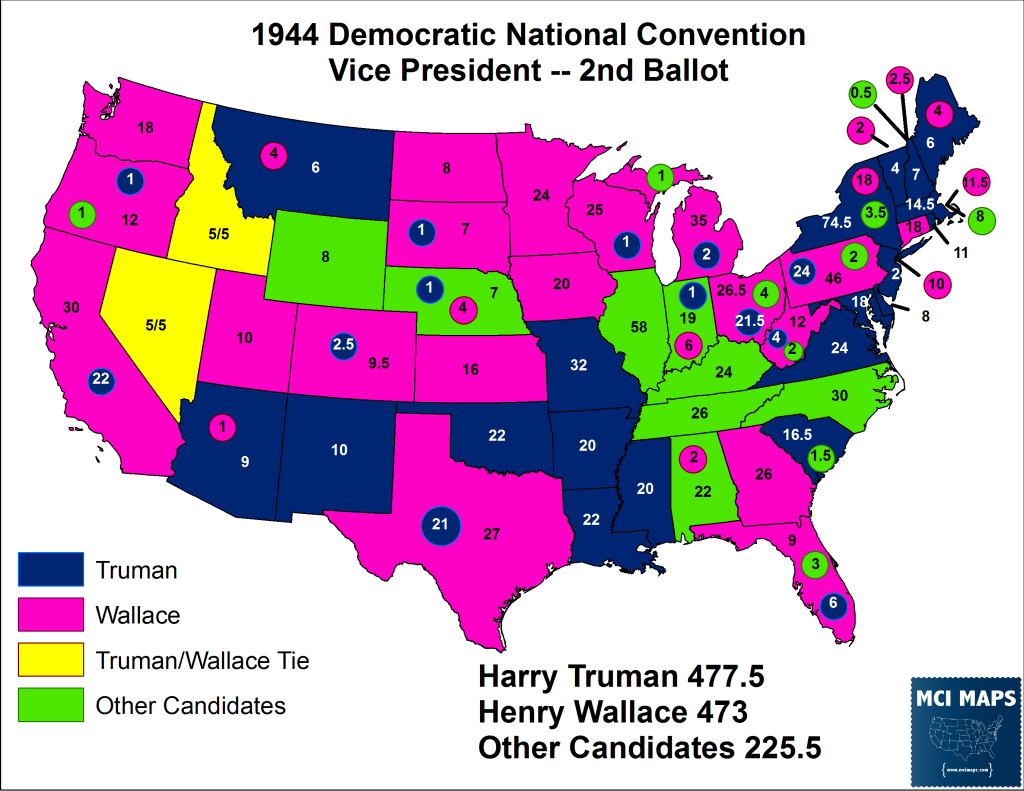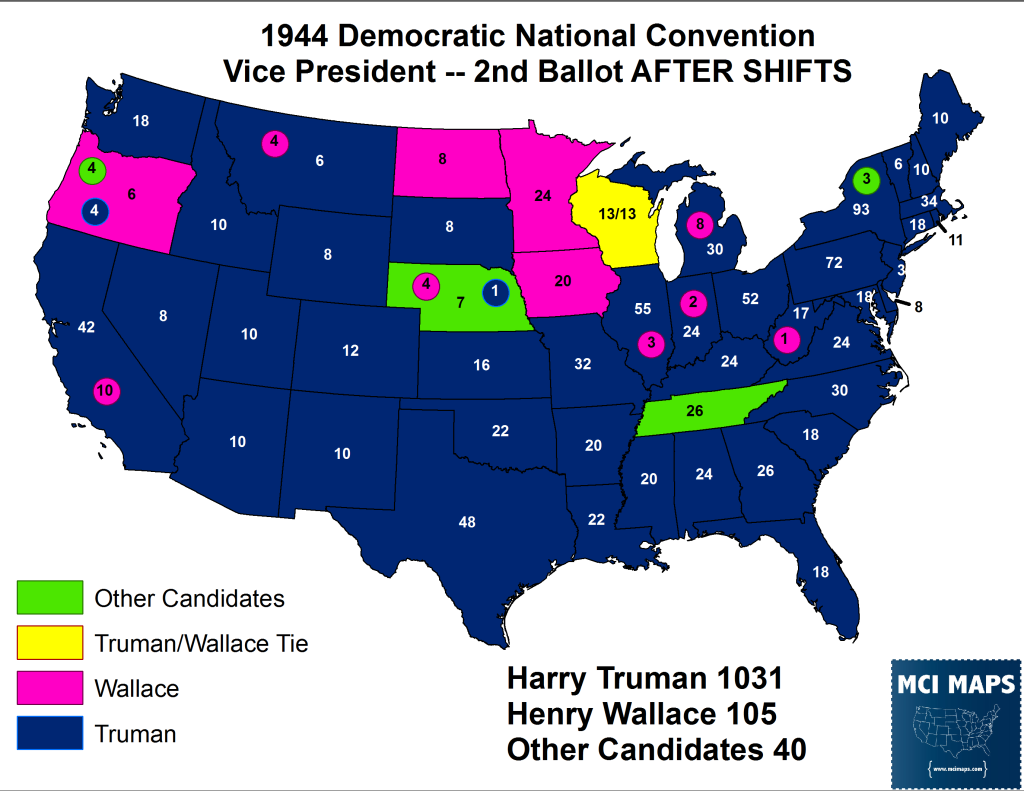For the last several weeks, the national political debate has been focused on the “Veepstakes;” the time every for years when the nation waits to see who each major party’s nominee will select as their running mate. The issue of picking a vice president often comes down to politics. Candidate’s try to pick candidates that will appease a certain segment of the party’s base, or appeal to swing voters, or a specific state. With Trump, he opted to pick an establishment and evangelical choice in Mike Pence, the Indiana Governor. Hillary Clinton chose Tim Kaine, who hails from swing state Virginia, speaks Spanish, and also has white working class appeal. Both picks helped with certain segments of each party’s base, while of course leaving different groups and coalitions wishing for a different choice.
As the press and pundits talk about the Veepstakes, the issue of “ready to assume the office if needed” is a throw away line. The issue rarely comes up as most choices in recent history (exemption: Sarah Palin) have faced little to no question of their ability to assume the office on day 1 if needed. History is filled with terrible choices for Vice President, many of whom you never heard of. However, in recent years, with the knowledge that 8 Presidents have died in office, and 1 resigned, the major party candidates have made sure to pick Vice Presidents who’s credentials to lead are hard to question.
With that in mind, it is worth looking at what may well have been the most consequential Vice Presidential selection in not just American, but World, history.
The 1944 Election
By 1944, Franklin Roosevelt was in his third term as President and WWII was still raging in Europe and the Pacific. Roosevelt ran for a 4th term with a desire to see the war to its conclusion and Democratic leaders did not want to risk loosing to a formidable Republican ticket. However, many expected that Roosevelt, who was getting more frail, would not survive another term. In 1940, Roosevelt had gotten a new Vice President, Henry Wallace. Wallace, Roosevelt’s Agriculture commissioner before 1940, was an outspoken progressive that made party leaders uneasy, but Roosevelt had demanded his inclusion on the ticket. Wallace’s anti-segregation stances angered Southern leaders, while his new age beliefs and cozy relationship with the USSR made remaining Democratic leaders uneasy. Indeed, Wallace has a very naive view of the Soviet Union. He had visited in 1943 and the Stalin Government had made sure to orchestrate the camps he saw and regions he visited to hide their crimes of the gulags and the condition of the POW camps. Wallace remained a defender of Stalin and Soviets.
For party leaders, Wallace was an unacceptable option. Some tried to push James Byrnes, but Byrnes was a strong segregationist who opposed anti-lynching laws. After much negotiation, party leaders got Roosevelt to agree on running with Harry Truman, the Senator from Missouri that had made a name for himself heading up the Senate Investigative Committee that exposed waste and mismanagement with different war-time activities.
Heading into the convention, Roosevelt stated he still preferred Wallace, but did so in a very lackluster way. Wallace still had 65% of Democrats supporting him staying on as Vice President and has a larger number of delegates loyal to him. Nominations were supposed to take place on the 2nd night, and he appeared favored to win the nomination. However, the chair of the convention, sensing the Wallace momentum, abruptly ended the days proceedings.
Over the course of that evening, delegates where courted and either threatened or enticed to abandon Wallace. When the first roll call happened, Wallace still lead, but far short of a majority.
Wallace was strongest in the Midwest and West Coast, but Truman had a good deal of the New England and New York delegation. The Southern delegates were split between Truman and other candidates. However, after the 1st ballot, Alabama Senator John Bankhead dropped out to back Truman. In addition, many delegates voting for favorite sons and assorted lesser-known candidates moved into Truman’s column after the first ballot.
The second ballot put Truman ahead of Wallace, though still short of a majority.
More of the Southern delegates came on board for Truman while Wallace picked up a handful more delegates, largely from the Texas delegation.
Sensing the end was near for Wallace, delegates across the board started shifting their votes to Truman before the 2nd ballot was finalized and a third ballot had to take place. A stampede to Truman took place, resulting in an overwhelming win.
Most state delegates went entirely into the Truman column, with only a few holding out for Wallace or other assorted candidates. This made Truman the nominee, and eventually, the President.
Consequences
As stated before, Wallace had a sympathetic view toward the Soviet Union, while Truman was a stringent anti-communist. Some argue has Wallace been President, the cold war would not have happened. However, a more accepted historical assessment is that a Wallace Presidency would have resulted in an unchecked USSR expanding its territory further into Europe and possibly Asia. Any future President aiming to limit USSR influence would have been dealing with a more powerful adversary. Truman’s efforts at containment and the Marshall Plan’s efforts to rebuild post-war Europe would not have occurred. Wallace ran for President in 1948 as the “Progressive Party”s nominee. However, his campaign came under fire as a vehicle for the Communist Party of America, and Wallace’s unwillingness to denounce the community party hurt him with mainstream liberals (resulting in him finishing with under 3%). In the 1950, Wallace admitted he had been naive about the true nature of the USSR, famously publishing the book, Where I was Wrong. By 1952, Wallace had become a strong anti-communist. Maybe Wallace would have come to the realization about the USSR during his Presidency, maybe not. Either way, his Presidency would have very likely lead to a much larger and more powerful Soviet Union. Instead we got Truman, widely regarded as one of our best Presidents, who helped steer the country through the post-war era and advanced social issues and civil rights domestically. The stark differences between a Truman and Wallace Presidency are why I say 1944 was the most important “Veepstakes” of the modern era, if not the history of our country.




